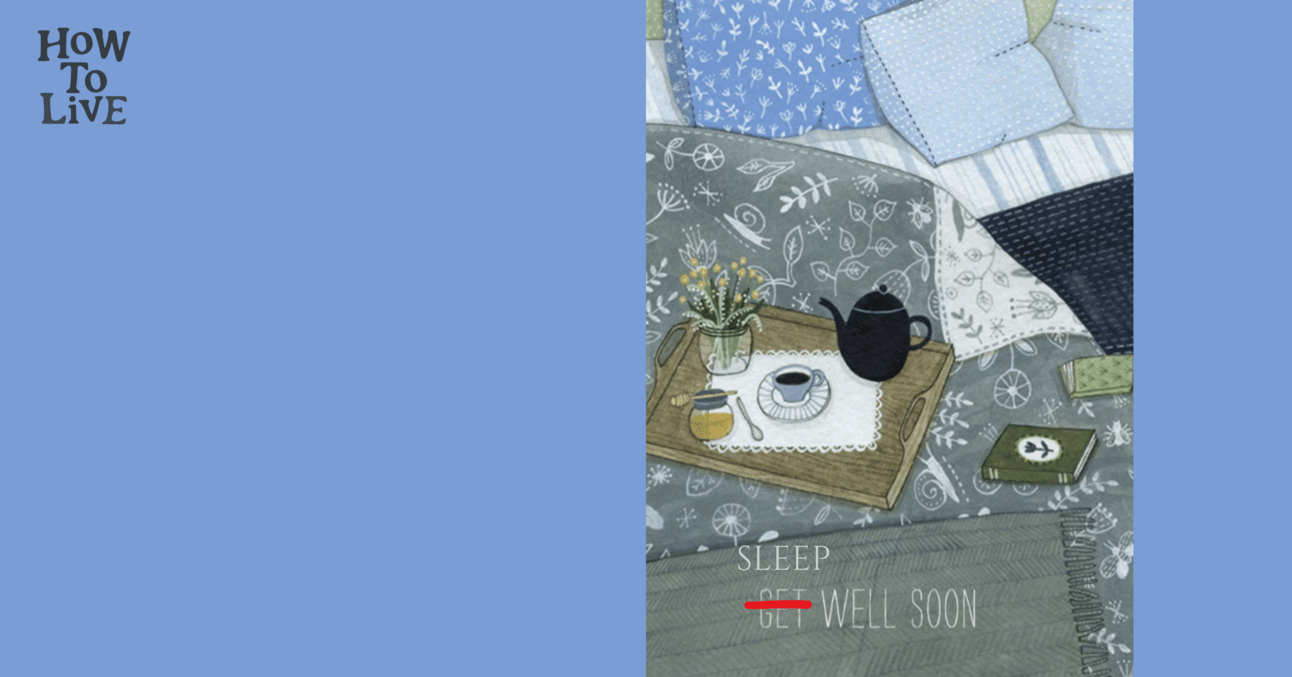Hi {{ First Name | friend }}!
TL;DR is a monthly digest summarizing the vital bits from the previous month's How to Live newsletter so you don't miss a thing.
On November 6th, 2024 I wrote about A Concept From Polyvagal Theory Called Glimmering.
I’ve been studying all different types of tools one can use in Somatic Experiencing Therapy (SE), and while I’ve known about Polyvagal Theory for a long time, and my friend Meredith Arthur, whose newsletter Beautiful Voyager is a MUST SUBSCRIBE, has been talking writing about it for a while now, I’ve only recently begun dipping my toe in.
Polyvagal Theory, developed by neuroscientist Dr. Stephen Porges, explores how the vagus nerve—an essential component of our autonomic nervous system (ANS)—shapes our responses to the environment, impacting everything from social engagement to emotional regulation.
Deb Dana, an SE clinician, coined the term “Glimmers” for a highly portable practice.
Glimmers are micro-moments that nourish our sense of well-being—the simple, fleeting pleasures we often overlook because we’re preoccupied with scanning for potential threats. Glimmers are the wag of a dog's tail, an unexpected smile from a stranger, your favorite Talking Heads album blasting from someone’s speakers. They're in the sway of the trees, the smell of morning coffee, uncommon books you already own left on a ledge outside.
November 13th 2024 Was About Rebecca Solnit on How to Hope in the Dark.

Rebecca Solnit on How to Hope in the Dark
What we do now matters
www.thehowtolivenewsletter.org/p/hope
We're in a moment right now that, for many, feels absolutely crushing.
A moment where the future feels so dark that it's almost easier not to think about it.
Until the Saturday preceding the election, I did not think Kamala was going to win. Whether I finally allowed myself to hope or bought into what the political polls were selling, I don’t know. What’s true is I didn’t believe, and then I did.
Now, following the results, I’m struggling with a mix of fear, incredulity, and frustration. It's easy to feel that everything I believe in—change, empathy, progress—is slipping away.
I know I’m not alone in feeling the weight of it all, and neither are you.
One voice I turn to in times of absolute despair is the author, cultural critic and hope-tivist, Rebecca Solnit.
Known for works like Men Explain Things to Me, (whose main essay launched the word “mansplaining” into the zeitgeist) Solnit published a book in 2004 called Hope in the Dark. In it, she presents a bold argument for hope—not as wishful thinking, but as a radical commitment to keep acting, even in a world whose future is hazy and unpredictable.
The book, updated in 2016, holds up, proving that hope is eternal. Solnit offers an antidote to the despair that often grips those striving for change, especially when their focus lands more on losses than on hard-won victories or the unimaginable progress yet to come.
How to Live is a reader-supported publication.
Please consider upgrading to paid.
November 20th, 2024 Was The 3am Email to Help Get You Back to Sleep.
I promised my friend Adam W. I’d write him a letter to read at 3 a.m. when he wakes up and can’t get back to sleep. This letter is for him, and for all of us.
Hi friend,
Remember earlier today when you were too busy to worry about what’s keeping you awake now? You just shoved it aside and focused on work because you had no other choice.
Why can’t we do that with sleep? It’s weird how easy it is to work when you have to work, but how impossible it feels to sleep when you have to sleep. There’s that awful feedback loop: the more you think about how much you need to sleep, the more impossible it becomes.
And now it’s 3AM, and here you are, wide awake, not because you need to solve the world’s problems (though we could use some solutions) but because you forgot to worry during the day, or you didn’t worry enough.
It’s frustrating, isn’t it? Sleep is vital, and you know you’ll feel better when you get enough, yet here you are—awake, annoyed, and spinning.
There’s a saying: What we avoid becomes our life. And isn’t it true? Look at us. It’s the middle of the night, and we’re both awake, worrying alone, because we haven’t yet dealt with the hard thing.
But now isn’t the right time. We must teach our brains that now is the time for sleep.
So let’s start there.








